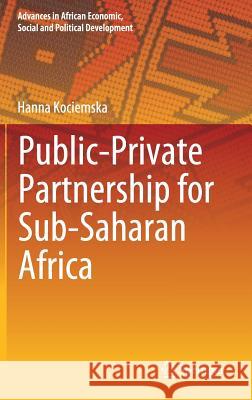Public-Private Partnership for Sub-Saharan Africa » książka
topmenu
Public-Private Partnership for Sub-Saharan Africa
ISBN-13: 9783030147525 / Angielski / Twarda / 2019 / 192 str.
Kategorie:
Kategorie BISAC:
Wydawca:
Springer
Seria wydawnicza:
Język:
Angielski
ISBN-13:
9783030147525
Rok wydania:
2019
Wydanie:
2019
Ilość stron:
192
Waga:
0.45 kg
Wymiary:
23.39 x 15.6 x 1.27
Oprawa:
Twarda
Wolumenów:
01
Dodatkowe informacje:
Wydanie ilustrowane











